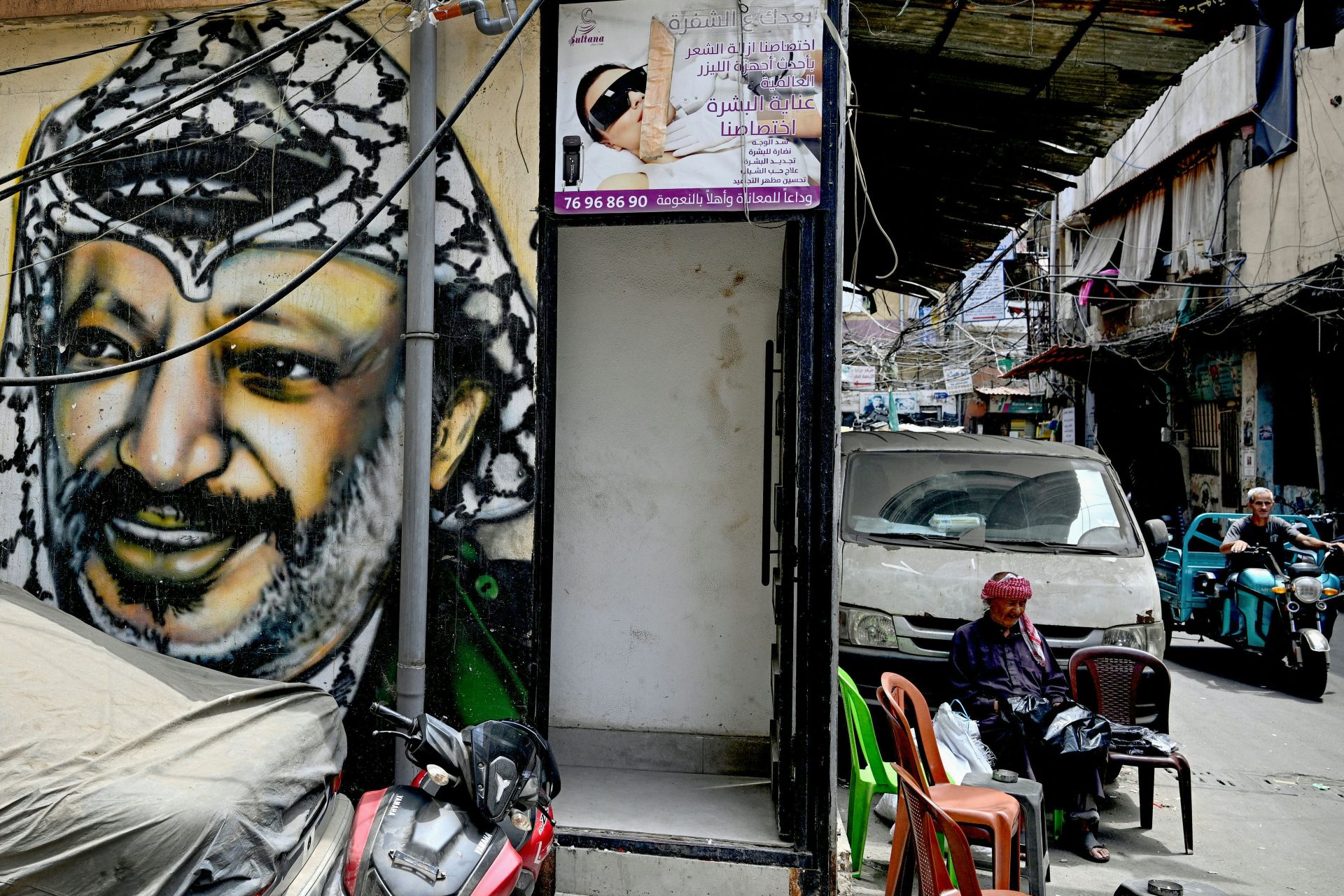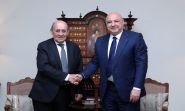
The handover of Palestinian weapons from the camps to the Lebanese state marks the beginning of a historic shift: the effort to confine all arms within Lebanon and close a chapter that has weighed on the country for nearly six decades – the use of Lebanese soil as a battlefield for the Palestinian-Israeli conflict.
It is evident to all regional players that this file is drawing to a close. Israel’s military dominance, coupled with the defeat of Iran’s axis, which engulfed Shiite communities across the region in fire and war, has changed the regional landscape.
No one understands this reality more than Hezbollah. For that reason, it placed Speaker Nabih Berri at the forefront of negotiations, confident in his ability to manage matters within a controlled framework and secure the necessary political commitments to shield the party from the predicament it has faced since the onset of the “support war,” culminating in the confrontation triggered by the “Pager Operations.”
Yet Hezbollah’s persistent obstinacy is tied to the “post-weapons phase” it has already started adjusting to. It is preparing its base for the idea that military concessions will translate into political gains.
Indirect negotiations with the Americans through intermediaries revealed Hezbollah’s proposal to integrate its brigades into the Lebanese Army on the condition that the army commander be Shiite. Washington rejected the idea outright, recognizing that such an arrangement would simply transform the army into Hezbollah in uniform.
Failing in that track, Hezbollah sought another political compensation elsewhere. It pushed to freeze amendments to the electoral law, particularly regarding expatriate voting, equating the issue with the weapons file even in official meetings with foreign delegations. The result: electoral reform remains on hold.
In both public and private settings, Hezbollah has also floated the notion of creating a vice presidency reserved for a Shiite. Yet constitutionally, this is fraught with complications. What authority would a vice president hold when the president himself already wields limited power and serves primarily as a referee? And if modeled on the American system, where the vice president assumes power in the event of the president’s death or assassination, what would prevent every president from being eliminated whenever circumstances shift, leaving succession tied to violence and military logic?
Many factors may eventually compel Hezbollah to accept the framework of the state. But the crux of the matter lies in its lack of faith in that very state. This has driven it to demand more than other sects of equal demographic weight, who remain content with what they have. Hezbollah already controls the levers of the legislature, holds one of the three top state positions, commands a sovereign ministry, and maintains a parliamentary bloc large enough to obstruct governance. It is well positioned to secure further guarantees through a Senate, in addition to the key posts it already occupies in public administration, General Security, and beyond. What more, then, could it possibly demand?



Comments